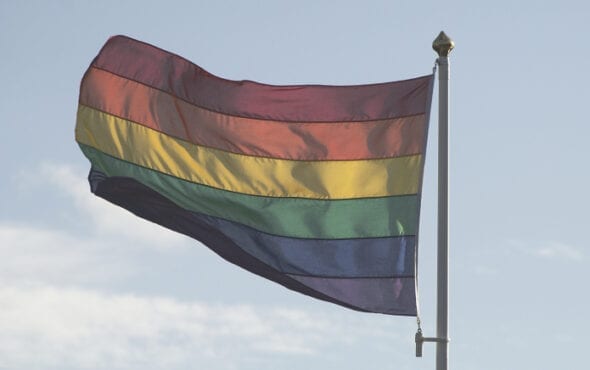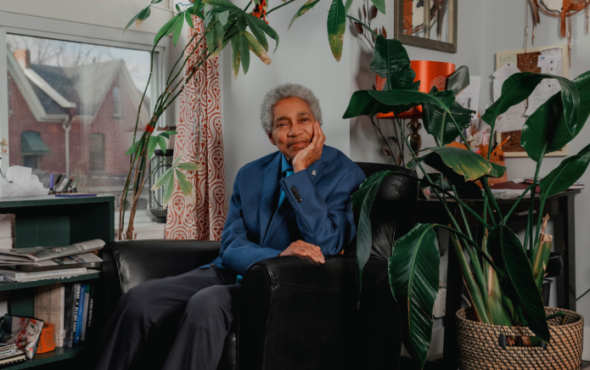
A group of Senegalese lawmakers have proposed tougher restrictions against individuals convicted of LGBTQ+ activities.
The troubling laws will penalise the LGBTQ+ community and propose greater penalties for those sentenced due to same-sex relations. This may include extending jail terms for those legally reprimanded, Reuters reports.
Currently, gay sex is outlawed and punishable by up to five years in prison in Senegal.
With fixed anti-LGBTQ+ laws, there has been a sharp growth in arrests and prosecutions targeting the community according to a 2020 global review by the International Lesbian, Gay, Bisexual, Trans and Intersex Association (ILGA).
Lawmaker Alioune Souare helped draft the stricter update to the anti-LGBTQ+ laws.
“We hope to present the proposal to the parliament before the end of the week,” he told Reuters.
The bill in question would likely lengthen sentences from up to five years to increase to an order of five to 10 years. These sanctions would be an effort to stigmatise and criminalise LGBTQ+ activities and behaviours.
Senegal’s current repressive law declares it is an “act against nature” to be involved with persons of the same gender, which directly targets same-sex relations.
However, the drafted bill seeking to extend punishment on the community has not yet been passed. There is no guarantee it would be approved by all Senegalese lawmakers in parliament.
Senegalese LGBTQ+ advocate Djamil Bangoura has openly petitioned for the international and wider community to have lawmakers throw out the drafted anti-LGBTQ+ bill.
“When individual freedoms, in particular, the most sacred — privacy between consenting adults — are attacked, then there is little time left to realize that democracy is in danger,” he told Reuters.
The LGBTQ+ community, in Senegal, face rampant homophobia, death threats and backlash, according to the international rights group Amnesty International.
In May 2021, anti-LGBTQ groups burned a rainbow flag in protest. The group demanded greater anti-LGBTQ legislation and for the criminalisation of homosexuality to be raised at the next presidential election.



